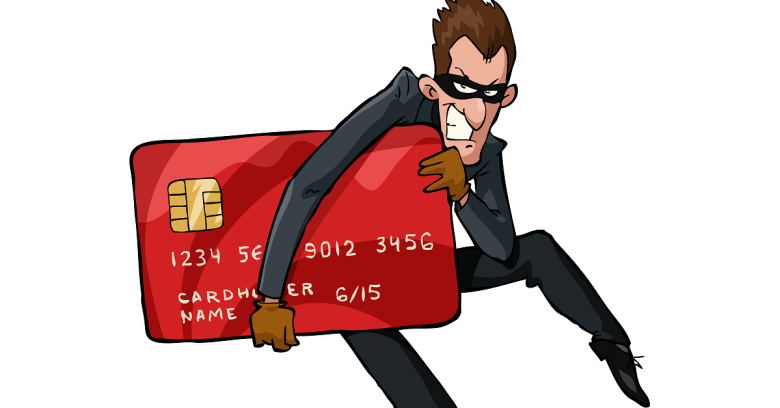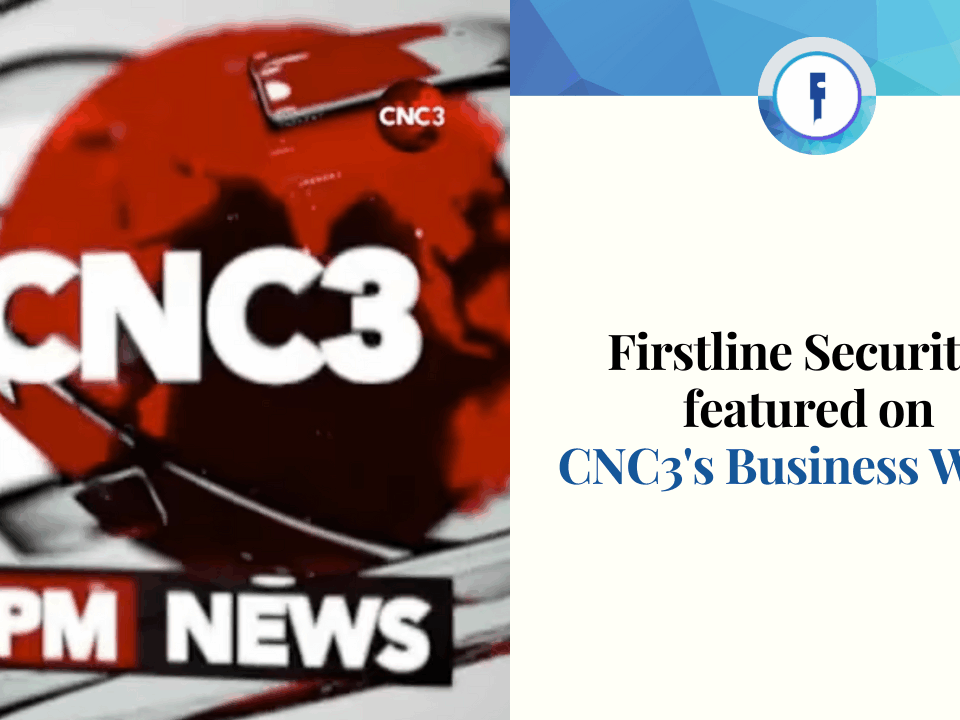INSIGHTS
THE 411 ON BUSINESS FRAUD – PART TWO


LOOKING AT BUSINESS FRAUD IN DETAIL AND HOW YOU CAN TAKE STEPS TO PREVENT IT
*
A Firstline Securities Limited Blog by: Mike
Let’s Dive In!
In the first blog entry in this series we looked at standard definitions for both fraud and business fraud.
In this blog entry we focus on business fraud and look at the steps individuals as well as small and medium sized businesses can take to prevent it.
While we could never attempt to provide an exhaustive listing of all the possible types of business fraud individuals or a business could be exposed to, and the steps you can take to prevent becoming a victim, we do hope that the following tips assist you with detecting any possible business fraud you or your business may encounter in the future.
Adopting a simple definition of business fraud
The definition of business fraud that we gave in the first blog entry in this series can be summarised succinctly as “the intent or act of misrepresentation to cause gain or loss to a third party.”
Often those who perpetuate fraud focus on small and medium-sized businesses and individuals knowing that those types of entities or person have limited resources and tend to focus more on growth and innovation (and in tough economic conditions: survival) rather than internal controls, risk management and the performance of due diligence.
Our Tips for Preventing Fraud:
Know your business inside out
Often the best internal control and protection from business fraud comes from the entrepreneur or owner knowing all aspects of their business and being actively involved in the day-to-day operations of the business.
It is important for entrepreneurs to know:
- How their business operates.
- The staff that the business employs.
- The business’ target market and the risks associated with those markets.
- The products or services the business produces, and the risks associated with those products and services.
- The legal and regulatory obligations placed on the business.
Identify the areas where your business might be vulnerable to business fraud
It is important to attempt to identify how a potential fraudster might target your business.
Since threats can come internally from within the business and externally from third parties this involves identifying and testing the systems already in place to detect and prevent business fraud.
It is important that the entrepreneur ensures that staff understand the systems in place to detect and prevent business fraud and adhere to them at all times.
It is also important to monitor and review those systems on a regular basis and as necessary make improvements to reduce the risk of being exposed to a business fraud.
Know your customers and suppliers and the systems you have to manage them
This follows on from entrepreneurs being in a position where they know their business inside/out.
When entrepreneurs know who they do business with they are better placed to spot any request or transaction that looks wrong either for that customer or for the type of business that they operate.
Develop strategies for managing fraud and communicate those strategies with staff
Entrepreneurs should always think about the systems they have in place for fraud detection and prevention in their business.
Communication is key.
The entrepreneur should talk with staff so that they also understand the risks and ensure that they understand that business fraud can have a serious and negative impact on both the business and employees as well.
Be sceptical
Some would say that this boils down to a debate over whether a glass is half-full or half-empty, but the reality is that “being sceptical” goes way beyond that debate.
There is nothing wrong with healthy scepticism and the age-old maxim that if “something sounds too good to be true it probably isn’t true.”
Those that own businesses should therefore question all new deals, business opportunities, documents, transactions, and information presented to them.
There is nothing wrong with asking questions and nothing wrong with seeking third-party independent advice if you are still concerned.
Caution is not a disease and although it may seem anaemic to many entrepreneurs it can save money and embarrassment.
Take steps to prepare against and protect your business from cyber-crime
The creation and development of the internet and the need for businesses to be connected expose all businesses to the threat of cyber-crime.
While the required steps to protect businesses from cyber-crime are extensive and beyond the scope of this blog series, it is important for entrepreneurs to ensure that their businesses are protected from cyber-crime and that a generation of backups is maintained in respect of key business data to allow the restoration of that data in the event of an attack.
Secure and protect the property of your business
There are many steps that you can take here but it is important to protect business assets like laptops, computers, mobile phones, and intellectual property from theft.
All businesses should have adequate levels of insurance coverage to compensate them for the loss of property.
Understand the finances of your business
It is important that entrepreneurs understand how money leaves their business.
Under this heading make sure that you understand:
- The methods used to make payments.
- Who has authority to make payments?
- What checks and balances and segregation of duties exist to ensure that those who authorise payment and prepare cheques or transfers are not the same person?
- What systems are in place to ensure that all payments are made for legitimate purposes?
Develop an action plan to deal with business fraud
Always consider whether you need professional advice to protect your business.
While preventing business fraud is the ideal, the reality is that not all business frauds can be detected and stopped before the business suffers loss.
This means that the entrepreneur should be prepared for the worst-case scenarios by having a plan in the event that the business is exposed to and suffers loss from business fraud.
Always report business fraud to the authorities
If your business suffers as a result of business fraud always report it to the authorities.
This may help others and may lead to the perpetrators being caught.
Further blog entries in this series
In the third part of our series of blog entries on business fraud we continue the narrative by looking at six of the most common business scams.
Send us your comments – have you suffered from a business fraud?
Send us your comments – we’d love to read your opinion!
Firstline Securities Limited offers comprehensive coverage of local and international markets with many unique opportunities to put surplus cash to work either as your asset manager or investment advisor. Please contact us for more details at info@firstlinesecurities.com or at 868.628.1175. We can discuss your investment needs in detail and craft a portfolio that makes sense for you. We look forward to hearing from you.

